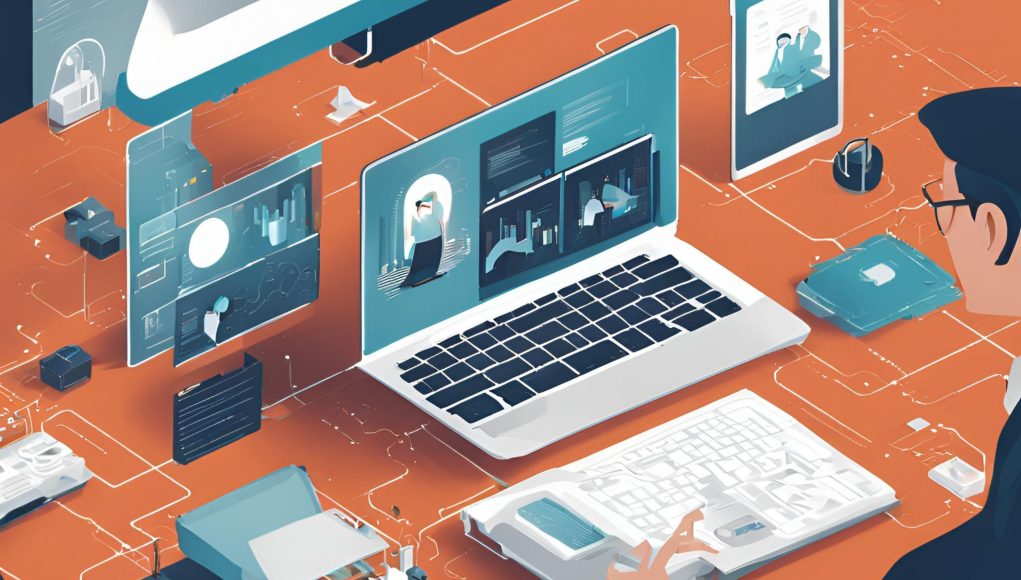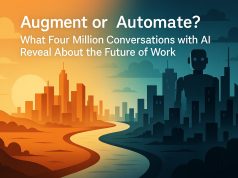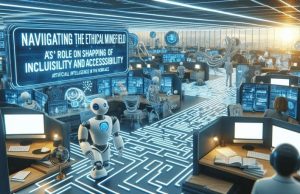In the heart of the modern workplace, technology has become a double-edged sword. On one side, it promises unprecedented productivity and the streamlining of mundane tasks through the use of artificial intelligence (AI), big data, and machine learning. On the other, it brings forth complex ethical questions that challenge the very fabric of employee privacy and autonomy. At The Work Times, we delve into the labyrinth of these technological advancements, much like The New York Times demystifies the complexities of our world, to help our readers make sense of the changing landscape of work, worker, and workplace.
As New York companies increasingly adopt these technologies, a vital question emerges: How do we balance the scale between technological benefits and the privacy of employees? When an algorithm can predict an employee’s performance, or when every keystroke on their computer is logged and analyzed, where do we draw the line? The use of technology to monitor employee performance is a testament to the efficiency that AI and machine learning can bring to the workplace. Still, it must be tempered with strong ethical guidelines to prevent overreach into personal privacy.
The collection and use of data in the workplace present another ethical labyrinth. With the capability to process vast amounts of information, companies can better understand their operations and employees. However, what happens to this data? Who has access to it, and how is it used? The concerns for potential misuse and breaches of confidentiality are legitimate and must be addressed through transparent and ethical data management practices.
Moreover, potential biases in AI-driven decisions cannot be ignored. AI systems are only as objective as the data they are fed, and thus, can perpetuate existing biases if not carefully monitored and corrected. It’s paramount for New York companies to ensure that AI-driven tools are subjected to rigorous bias checks to maintain fairness and credibility.
As we reflect on these issues, it is clear that the readers of The New York Times, who are well-versed in engaging with ethical dilemmas, will see the workplace transformations as both a call to action and a cautionary tale. They will likely appreciate nuanced and balanced discussions that do not shy away from the hard questions about where innovation should ethically intersect with the rights and dignities of workers.
In navigating this complex intersection, New York companies must strive to become paragons of responsible technology use. This means establishing clear policies that prioritize ethical considerations in technology deployment, engaging in continuous dialogue with employees to address concerns, and fostering a culture of ethical awareness that keeps pace with technological change.
The Work Times is committed to exploring and unraveling these multifaceted challenges. As we chart this course together, we invite our readers to bring their insights to the table. Let’s shape a future where technology in the workplace is synonymous not just with efficiency, but also with ethical integrity and respect for the individual worker.




























